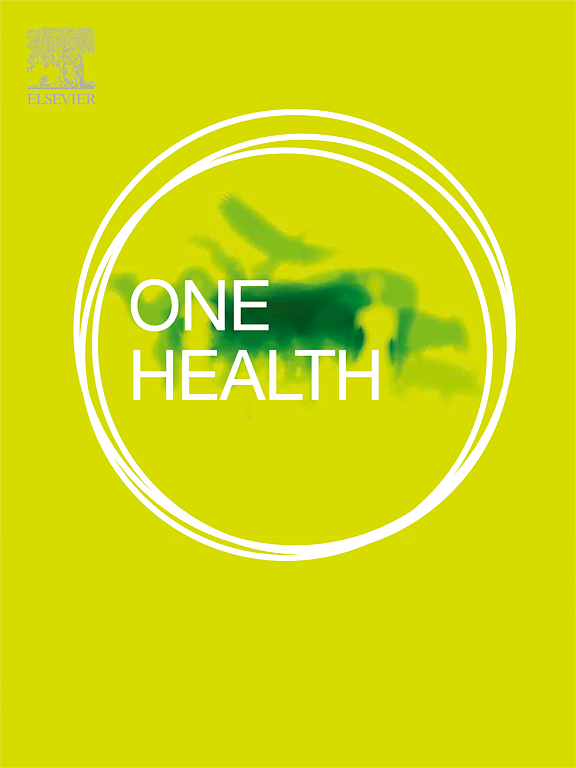Advancing green recovery: Integrating one health in sustainable wildlife management in the Asia-Pacific Indigenous People and Local Communities
IF 4.1
2区 医学
Q1 INFECTIOUS DISEASES
引用次数: 0
Abstract
Wildlife (in this paper: wild animals) deliver a crucial range of ecosystem services on human health and livelihood, particularly in Indigenous People and Local Communities (IPLCs). ‘One Health’ extends beyond just health; it also includes a comprehensive framework that can address wildlife and biodiversity conservation to enhance the well-being of humans, animals, and the environment with multisectoral collaboration. Therefore, integrating One Health principles into wildlife management was suggested in this review to improve the quality of life by reducing poverty, improving food security, and preventing zoonotic diseases in IPLCs. The relationship between wildlife interactions and the emergence of pathogens that can be transmitted between wild animals, domestic and production animals, and humans underscores the need to incorporate a One Health approach to mitigate risk. This integration will also contribute to conserving wild animals and their habitats and biodiversity for ecosystem balance. This review highlights the importance of One Health in supporting sustainable wildlife management to achieve a green recovery through policies and actions based on global and national regulatory frameworks, development of local policies with community engagement, risk assessment and communication, sustainable wildlife use practices, and conducting research and innovation. Monitoring and analyzing data on supply chains and economic values can serve as a decision-support tool for sustainability wildlife management. A theory of change for sustainable wildlife management and enhancing human well-being is proposed using the One Health approach. All these activities must respect local cultures and traditions, ensuring that One Health and community-based approaches effectively benefit local communities.
求助全文
约1分钟内获得全文
求助全文
来源期刊

One Health
Medicine-Infectious Diseases
CiteScore
8.10
自引率
4.00%
发文量
95
审稿时长
18 weeks
期刊介绍:
One Health - a Gold Open Access journal.
The mission of One Health is to provide a platform for rapid communication of high quality scientific knowledge on inter- and intra-species pathogen transmission, bringing together leading experts in virology, bacteriology, parasitology, mycology, vectors and vector-borne diseases, tropical health, veterinary sciences, pathology, immunology, food safety, mathematical modelling, epidemiology, public health research and emergency preparedness. As a Gold Open Access journal, a fee is payable on acceptance of the paper. Please see the Guide for Authors for more information.
Submissions to the following categories are welcome:
Virology,
Bacteriology,
Parasitology,
Mycology,
Vectors and vector-borne diseases,
Co-infections and co-morbidities,
Disease spatial surveillance,
Modelling,
Tropical Health,
Discovery,
Ecosystem Health,
Public Health.
 求助内容:
求助内容: 应助结果提醒方式:
应助结果提醒方式:


